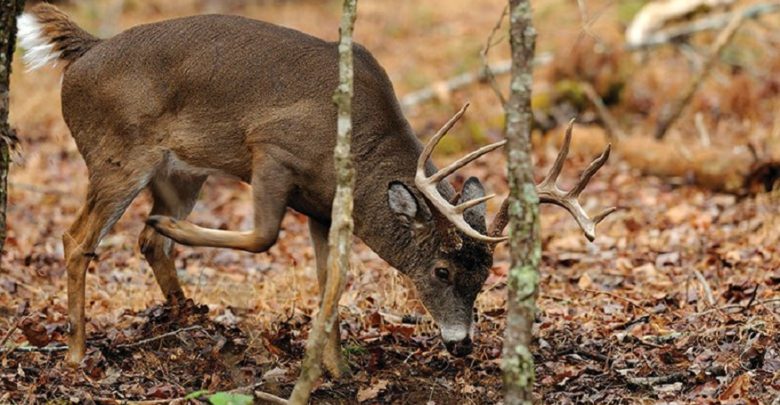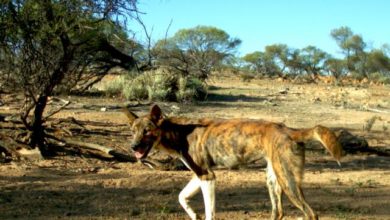Hunting Myths You Must Know!

Even though we live in the Information Age, there is a lot of misinformation and urban misconceptions regarding hunters that influence public perceptions. Hunters despise wildlife, humans no longer need to hunt, hunting is barbaric, humans are the only species that hunts for pleasure, hunters have preferential treatment over animals, and hunters kill endangered animals, among other things.
How did we get so far away from reality?
Several people grew up with some link to the land just a few generations ago. They might have hunted or farmed their food, or they met someone who did.
They may have purchased their food directly from the farmer or a nearby greengrocer. With society’s transition to cities and urban centres, you may never meet a hunter or a farmer in your life.
It’s also becoming more popular for people to grow up never having seen an animal in the wild, with their only awareness of wildlife coming from what they’ve seen on television, read about online, or seen in a controlled setting like a zoo, sanctuary, or well-maintained hiking trail. Few city dwellers venture off the beaten path. In the present era of hunting in 2021 People are more likely to believe few common hunting myths due to their detachment from nature.
The most popular hunting myths is that hunters abhor wildlife. After all, why would you ruin something you adore? The reality is that most hunters like and admire nature, and they want it to be safe. They agree the wilderness should be locked up and protected from human activity. They take a macro rather than a micro approach to conservation. Hunters care more about saving the species as a whole rather than saving individual animals.
It’s similar to Newton’s principle in that any action has an equal and opposite reaction, and noble intent can often cause more harm than good. We’ve seen it with elephant populations and efforts to prohibit the killing of predatory animals such as feral cats, foxes, and pigs.
Hunters, on the other hand, recognize that humans and nature are in a symbiotic relationship. If we want to ensure that we have animals to hunt, we must do all we can to ensure all species’ survival, even if that means enacting legislation and conservation rules. Hunters recognize that humans and nature are in a symbiotic relationship.
One of the most popular hunting myths is that humans no longer need hunting. Animal rights organizations such as PETA frequently promote this misconception, claiming that “hunting may have been important for human survival in ancient times, but today most hunters track and kill animals just for the fun of it, not out of requirement.”
When it comes to hunting myths, most people believe hunters are inhuman, brutal, and violent. Animal activists, in particular, enjoy hurling politically charged threats at hunters. A slew of violent terms Often accompanies them. They claim to make hunting (and therefore hunters) seem cruel, such as kill, slaughter, corpse, torture and mutilate – all of which, by the way, are words synonymous with crimes.
Conclusion
Thus, one can disapprove of the traditional hunting myths with common sense and scientific evidence. It’s essential to keep in mind. However, that anti-hunting rhetoric is seldom focused on evidence. It is founded on emotions and animal anthropomorphization (assigning them human traits and emotions). It’s easy enough to persuade people to change their minds. It’s more challenging to convince them to change their minds.




